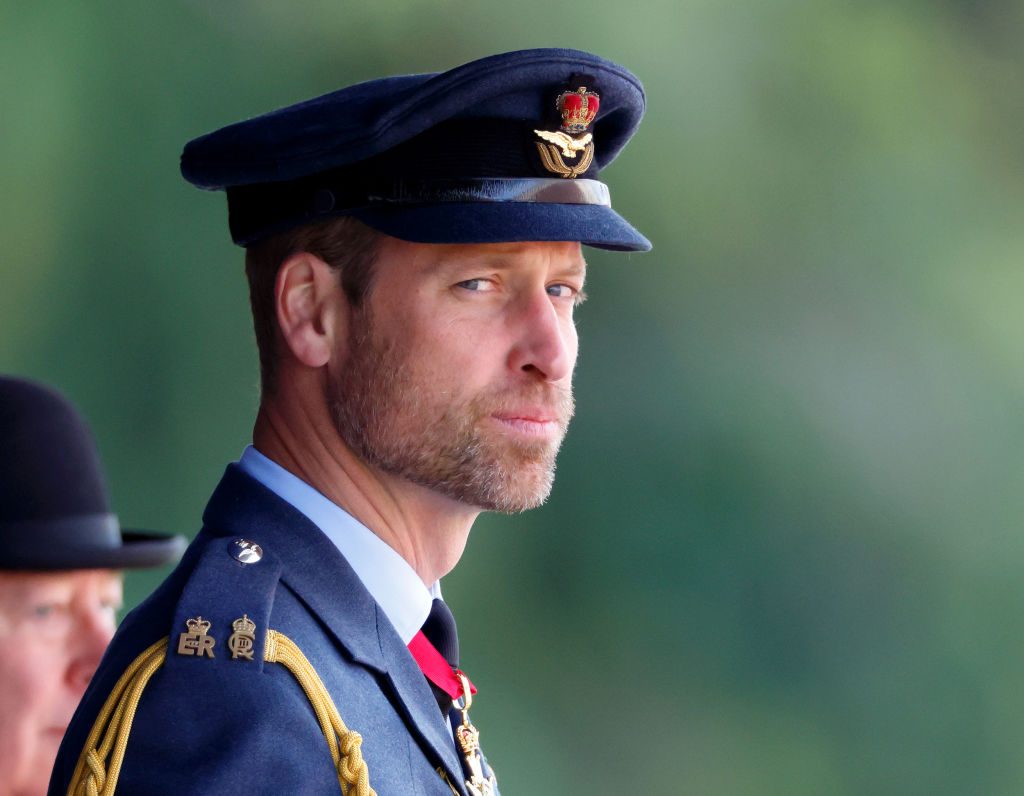It’s easy to forget now that the Scottish independence referendum of September 2014 was a deeply divisive issue. In terms of political folk memory, it has been overshadowed by everything else that has happened since then: four general elections, the rise and fall of Corbyn, the Brexit saga, the woke wars, and the still-reverberating earthquake of Covid. But there was real anger and bitterness in those debates about the future of Scotland.
It was interesting, therefore, to read reports that the Prince of Wales supposedly urged his grandmother, the late Queen, to support the Union as strongly as she could within the bounds of her constitutional position. William has largely avoided letting his opinions be known on any matters of current controversy. In this respect, he is quite unlike his father, whose eclectic views on architecture, alternative medicine, environmentalism and religious philosophy are well known.
If you had to guess, based on the causes he has associated himself with — and those he has not — it would be easy to suspect that William has the conventional worldview of his millennial upper-middle-class and aristocratic milieu: vaguely conservative about, say, the countryside and the armed forces, but socially liberal, religiously apathetic, and basically happy with multiculturalism and post-Sixties bromides about personal fulfilment.
However, William’s lack of coherent interest in serious political or cultural matters may be put to the test in the coming years. He is not King yet, of course, but is said to be closely involved with the running of The Firm, and will accede in his own right in the not-too-distant future. Between now and mid-century, Britain is going to experience enormous upheavals. National identity will become the central issue of British politics. Perhaps Reform UK will win the next election and start to dismantle the Blairite settlement, especially around immigration and human rights. Maybe it will fail to do so, and another insurgent Right-wing party will arise. Plausibly the post-1997 establishment rallies one way or another, and the enormous demographic change of the last 25 years continues unabated, with white Britons becoming a “majority minority” by 2060, as currently projected.
Either way the monarchy will not be able to avoid taking a side, even if only implicitly through silence, subtle gestures, and convenient leaks. At the moment, the royals often seem to be quietly backing the status quo — consider the pusillanimous attitude taken by the Palace in the confected racism row involving the Ngozi Fulani affair, the King’s reported opposition to the Rwanda scheme, or his commissioning portraits of the “Windrush generation”. The late Queen, usually regarded as a stickler for constitutional proprieties, several times included praise for “diversity” in her public statements.
It’s arguable that this is entirely proper, with the monarchy fulfilling its role as a focus for national unity, mutual respect, and reconciliation between different communities. But it’s equally true that in doing so, even under pressure from the government of the day, they are in some sense repudiating the views of a growing number of people who are unhappy with the changes to Britain over the last three decades, and who oppose the retooling of national history in the service of permanent high immigration. These tensions and conflicts are not going away any time soon, and William must eventually — by act or by omission — commit himself to one side or the other.











Join the discussion
Join like minded readers that support our journalism by becoming a paid subscriber
To join the discussion in the comments, become a paid subscriber.
Join like minded readers that support our journalism, read unlimited articles and enjoy other subscriber-only benefits.
Subscribe